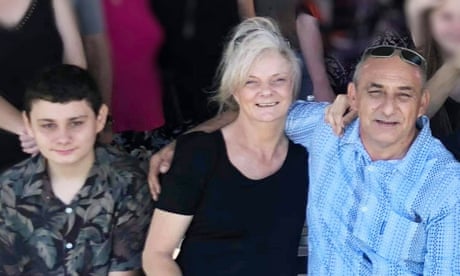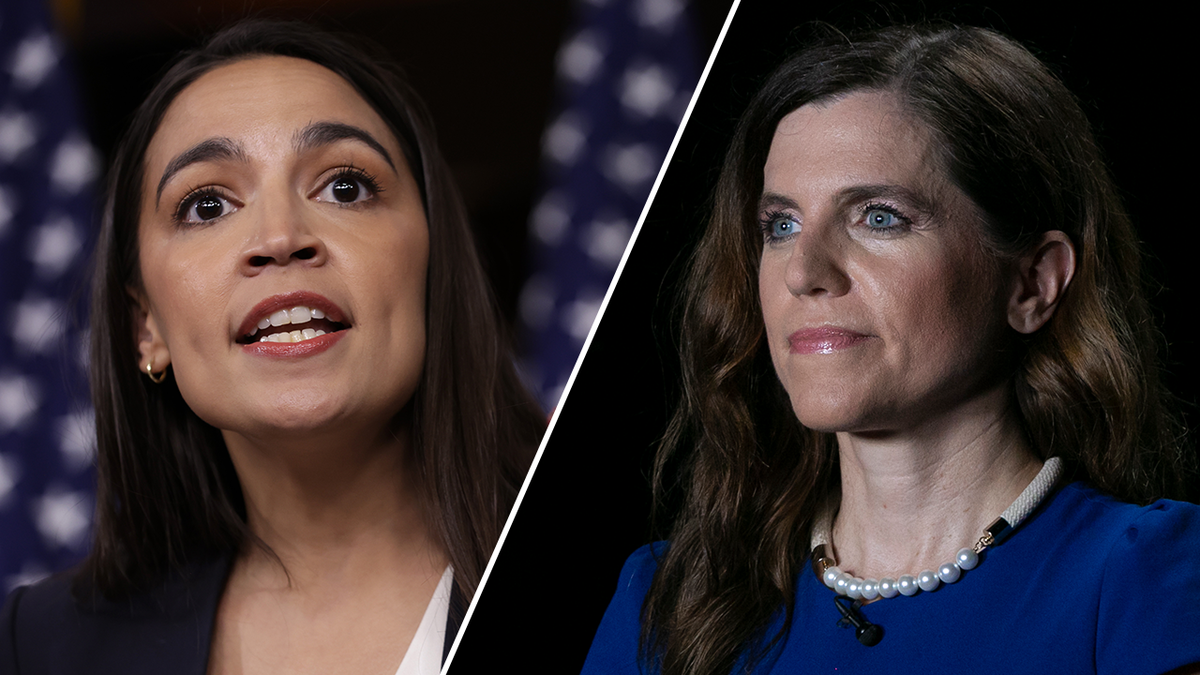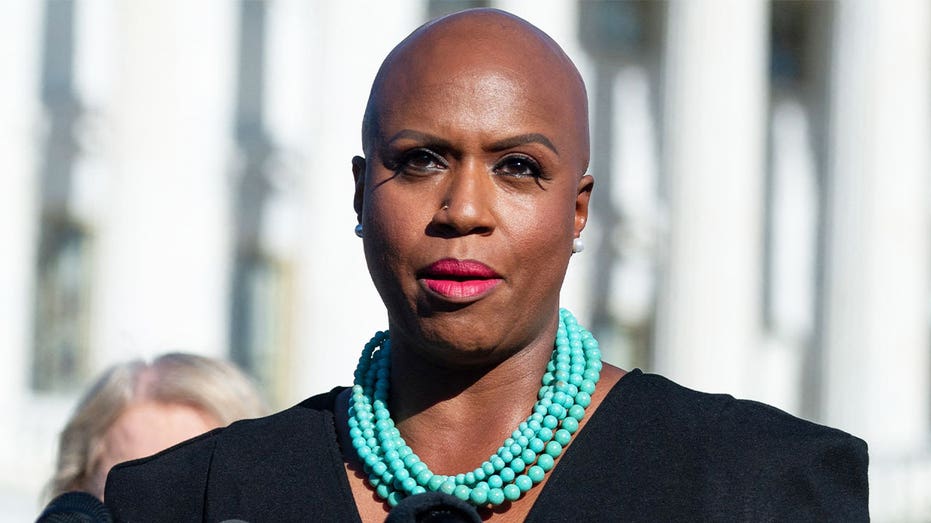- by foxnews
- 25 Nov 2024
‘It’s just been a hellride’: how the end of the affordable housing scheme is pushing families to the edge
‘It’s just been a hellride’: how the end of the affordable housing scheme is pushing families to the edge
- by theguardian
- 10 Apr 2023
- in news

Richard and Susanne Orlando spent last Christmas with their 16-year-old son, Wayde, in a single, cheap motel room. Unlike other guests, they weren't travelling; the motel was emergency accommodation. The family had become homeless only days before.
The Orlandos had been evicted from their affordable housing property, one of 32,000 nationally that had been leased to renters under the National Rental Affordability Scheme (NRAS).
After spending years in the shelter of below-market rents, they and other NRAS tenants are being thrust into a private rental market vastly more expensive and competitive than when they left it, coupled with a state-based social housing system that is on the verge of collapsing under the weight of need.
It's the pointy end of a national housing crisis that has yet to be adequately addressed.
"It's just been a hellride," Richard Orlando says. "I don't know what else to call it."
While the debate in federal parliament over the past weeks has centred on the efficiency of the Labor government's proposed long-term housing solutions, NRAS renters say that, with the expiry of the program, their biggest concern is immediate support.
"There's just nothing, basically," Susanne Orlando says. "Nothing to follow up NRAS and everyone wants to pass the parcel to everybody else."
Advocates say this is a problem that has been years in the making - and was entirely foreseeable.
The Orlandos first moved to the Gold Coast to be closer to an elderly relative. Richard had been a painter by trade, but had to stop working after developing a cavernoma in his brain, which causes brain bleeds and extreme seizures. After years stuck on jobseeker, he was finally granted the disability pension in 2020.
Richard and Susanne have been separated for over a decade, but chose to share a house as single adults a few years ago, partly because Susanne understood Richard's disability, and so Richard could be close to their son, Wayde. Wayde is autistic, and Susanne receives a carer's pension to look after him. Staying in the area where they have been living is important to the family, as Wayde requires a school that has the right environment for his learning needs, while Richard needs to be close to his medical support system.
The household has no other assets or income other than Centrelink. They were on the waitlist for social housing in Queensland some years ago, but were bumped off it when they accepted the NRAS lease.
NRAS was a national Rudd-era program that paid property owners a subsidy in exchange for them keeping rents on new homes on a cheaper rate for a decade. It was criticised for being inefficient, axed by the Abbott government in 2014, and homes have been progressively phased off the scheme since, with the last ones due to expire in 2026.
About half the properties were owned by private investors, many of whom are choosing to sell once their subsidy expires - as the Orlandos' landlords did, triggering their eviction last year.
Others are raising rents to market rate, stoking tenants' fears.
Bill Turner, who rents a one-bedroom NRAS unit in Mandurah, Western Australia, says he was told his rent would increase from $188 a week to the market rate of $350 in October.
Turner retired last year after Covid made his small entertainment business unviable. He receives the aged pension, but has had to start working again in order to make extra income, which will soon be going towards his rent.
"I'm not happy about that. Certainly not," Turner says. "The reality is striking home now. I'm 73 and there's limited income there. I didn't come through my working life with a great deal of money."
Turner worries what will happen when he is forced to try to find low-cost accommodation on the private rental market, particularly as he gets older. He is also worried about some of his neighbours, also in NRAS properties, and who cannot work.
Leandra Arrowsmith, 39, was paying $272 a week for the house she lives in with her young twins in Brisbane. Her lease rose to $420 a week, and she has only been able to maintain it after receiving a six-month study assistance grant from a charity that pays for the rent that her single parenting payment doesn't cover.
"It has been extremely stressful, and even though I'm set for now, I know that this problem is going to come back again in October when the lease runs out," Arrowsmith says.
"How do you explain to a six-year-old that you might not have a house?"
The Orlandos have found the private rental market impossible. Not only are private rentals too expensive for them - median Gold Coast rents have increased by 33% in the past five years - they have the added complication of their final rental ledger showing them as in arrears. That black mark means all their private rental applications have been rejected.
The Orlandos say the ledger is incorrect; that their bank statements show they ought to be hundreds of dollars in credit. They have tried to address the issue with their former estate agency, Horizon Housing Realty, a subsidiary of Community Housing Ltd, but it has not yet been resolved.
The executive director of Horizon, Gavin Potter, said the company's records showed the ledger to be correct and that Horizon had written a positive rental reference for the family, but said he would welcome the opportunity to work through the issue with the family again to resolve any discrepancies.
About 30% of all NRAS properties were in Queensland, and Horizon managed hundreds of them. Potter said the agency had appealed to the Queensland government for a reduced subsidy program to help maintain NRAS tenancies post-expiry.
"We are doing our utmost best but are limited as these are not our properties and there is no current funding mechanism for exiting NRAS tenants," he said. "We will continue to advocate and support to the best of our ability but would welcome a subsidy to assist."
The Orlandos' difficulties have been exacerbated by the tight eligibility criteria for Queensland social housing. Despite having no assets or income other than Centrelink payments, and with two disabled household members, the Orlandos have been told they earn "too much" to be eligible.
The maximum income threshold for social housing in Queensland is vastly lower than other states and territories, with maximum income for two single adults and a child sitting at $877 a week. In Victoria, the closest equivalent classification is for two adults and a dependent child, for which the maximum weekly income threshold is $2,284 a week - more than $1,400 higher.
There are already more than 27,000 households on the Queensland waitlist. A recent report for Queensland Council of Social Services estimated the unmet need at more than 100,000 households. Changes to social housing eligibility criteria in 2019 resulted in restrictions that were "unusual by Australian standards", the report said, effectively excluding all but the most extreme-needs households.
The chief executive of Gold Coast community disability support service CASSI, Sharon Wrigley, said it was "absurd" that the Orlandos had been rejected from the social housing register.
"This is a sign of a significant, systemic issue across our state," Wrigley said. "There is absolutely no reason why people who are on a pension, who meet the wellbeing criteria for accessing social housing, should be discriminated against. Because they have a child with them, their need is dire."
The Queensland minister for communities and housing, Leeane Enoch, did not directly answer questions from Guardian Australia about why social housing income thresholds were significantly lower than much of the rest of the country to the extent where a household living solely on Centrelink payments could be excluded.
"Social housing is a limited resource and is provided to customers in greatest need," Enoch said.
"People on low incomes, such as an income payment from Services Australia, are generally eligible for social housing.
"The department uses eligibility settings, including income eligibility limits, to ensure reasonable and fair access to housing assistance and to tailor products and services to customer needs."
The Greens MP for South Brisbane, Amy MacMahon, says by restricting social housing eligibility, the Queensland Labor government had been "masking the scale of the housing crisis".
She is calling on the state government to follow their recent commitment to buy 335 NRAS homes by buying every NRAS home that would otherwise go to the private market, and build more public housing.
Going into the 2022 election, the federal Labor party proposed measures to address the housing crisis, including development of a housing and homelessness plan and an investment fund to generate capital for housing construction.
The fund is now locked up in Senate negotiations. Much of Labor's policy platform is focused on construction, an industry that has been plagued by delays and constraints, which are forecast to continue. And the government has refused so far to commit to raising commonwealth rent assistance or income support payments beyond inflation.
The chief executive of housing advocacy organisation National Shelter, Emma Greenhalgh, says the federal and state governments could have acted sooner to provide a safety net after NRAS.
"The housing crisis didn't happen in one year, this has been a decade in the making," she says.
National Shelter has called on the federal government to provide a $2bn rapid response housing fund in the next budget that would allow housing providers to increase affordable housing quickly, for example, through spot buying or refurbishment and renovation.
The federal minister for housing, Julie Collins, did not address this specific proposal, but in a statement said up to $575m in funding was already available through the national housing infrastructure facility.
Collins said the proposals before the Senate represented "a once-in-a-generation opportunity to create a secure, ongoing pipeline of funding for social and affordable housing over the long term".
This is of little comfort to the Orlandos. At the time of writing, it was unclear where they would spend the Easter holidays. On the Wednesday afternoon before the long weekend, they were frantically packing again. Their couch-surfing arrangement was about to fall through.
Do you have a housing story? Contact: stephanie.convery@theguardian.com
- by foxnews
- descember 09, 2016
'Quiet travel' is having a moment; here are top US spots where you can embrace the trend
Here are 10 destinations for "quiet travel" in the U.S. to check out if you're ready to unplug and unwind on your next vacation. From Maine to Florida, Oregon and more, see the list.
read more


